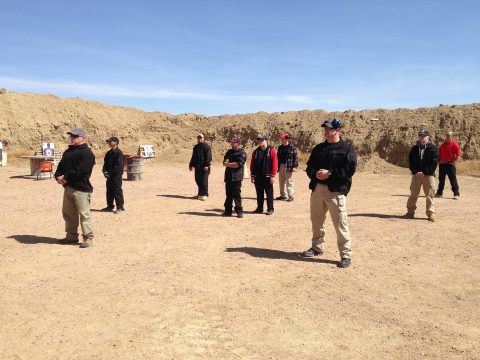- Have any questions?
- +1 (303) 900-2799
- anassmaksi@brightsps.com
PRIVATE SECURITY VS PUBLIC LAW ENFORCEMENT

What to look for when Hiring A private Security company
February 3, 2017
Thank you for taking the time to read this informative document. The decision to have off-duty law enforcement or a private security firm is always difficult. Choosing State, County, or Municipal police will always have some unforeseen drawbacks. As a former police officer, I can state unequivocally the following:
- Private security firms have more authority over private property than the police. In addition, private security firms represent the property owners. Even off duty on special assignment, the police represent the City, County, or State they work for. The police, even off duty, have to follow the guidelines outlined in the 4th and 14th Amendments of the US Constitution.
- The police cannot stop anyone from asking if they live on the property, what they are doing, etc. This violates a person’s Constitutional Rights, which could open the police or property owner up for a civil suit. The police are not allowed to speak to anyone unless they have a reasonable suspicion that a crime may be afoot. Further, they must be able to articulate this suspicion in clear language. Private security can interact with anyone because they represent a private party rather than the Government or Constitutional Parties.
- Off-duty police often work “extra duties” after completing their normal work shift for the City, County, or State. This means they are likely going to be tired and perhaps not very attentive. It is not their “real” job, and if they lose it, well, they still have their full-time duties. Part-time jobs are not always taken seriously, even by the police. Private Security Officers treat the job differently because it is their full-time income. Private Security Officers also perform many tasks that would be considered “beneath” most cops.
- Police are sensitive to the legal ramifications of any issue on a part-time job. Law enforcement officers are less likely to get involved because of legal issues that might affect their “full-time” law enforcement status. A civil suit or other legal issues could cause them to lose their full-time job.
- Off-duty police are expensive. You can have two security officers for almost the same price as one off-duty policeman. This means more manpower keeping your property or venue safe for less money.
- There are also civil law issues. Police work in the “criminal realm.” They are not allowed to become involved in civil matters. Property owner rights, lease agreements, and other such issues are civil matters. The police have no knowledge or responsibility in these areas. Private security firms do. Private security operates in both the civil and criminal realm. Security officers can move freely between civil and criminal matters.
- Private Security has arrest powers too. Private security officers can arrest any City, County, State, or Federal law violated in their presence, just like the police. They can also arrest for crimes not committed in their presence under specific circumstances, just like the police. Warrantless “arrest powers” are the same.
- Another issue will be insurance. Will the City, County, or State agency cover any liabilities for an off-duty police officer working on private property? Private security companies have Certificates of Insurance (COI), naming their clients as the Certificate Holders. These COIs offer a layer of protection to the client against civil or criminal suits.
- The District of Columbia Court of Appeals has ruled – “it is not the duty of the police to protect the individual citizen…” Warren v. District of Columbia, 444 A.2d 1 (D.C. App. 1981). Private security can and will protect all persons on the property of the client. Private security has a contractual obligation to the client. Police have a great deal of immunity against taking any action under the “public duty doctrine.” Police are not obligated to act on any citizens’ behalf.
Police have a very difficult job. They are not specifically trained for private property protection. Police, at their respective academies, are taught law enforcement procedures’ which differ from private security training. Properly qualified, equipped, and supervised security is always a better, more cost-effective option.




